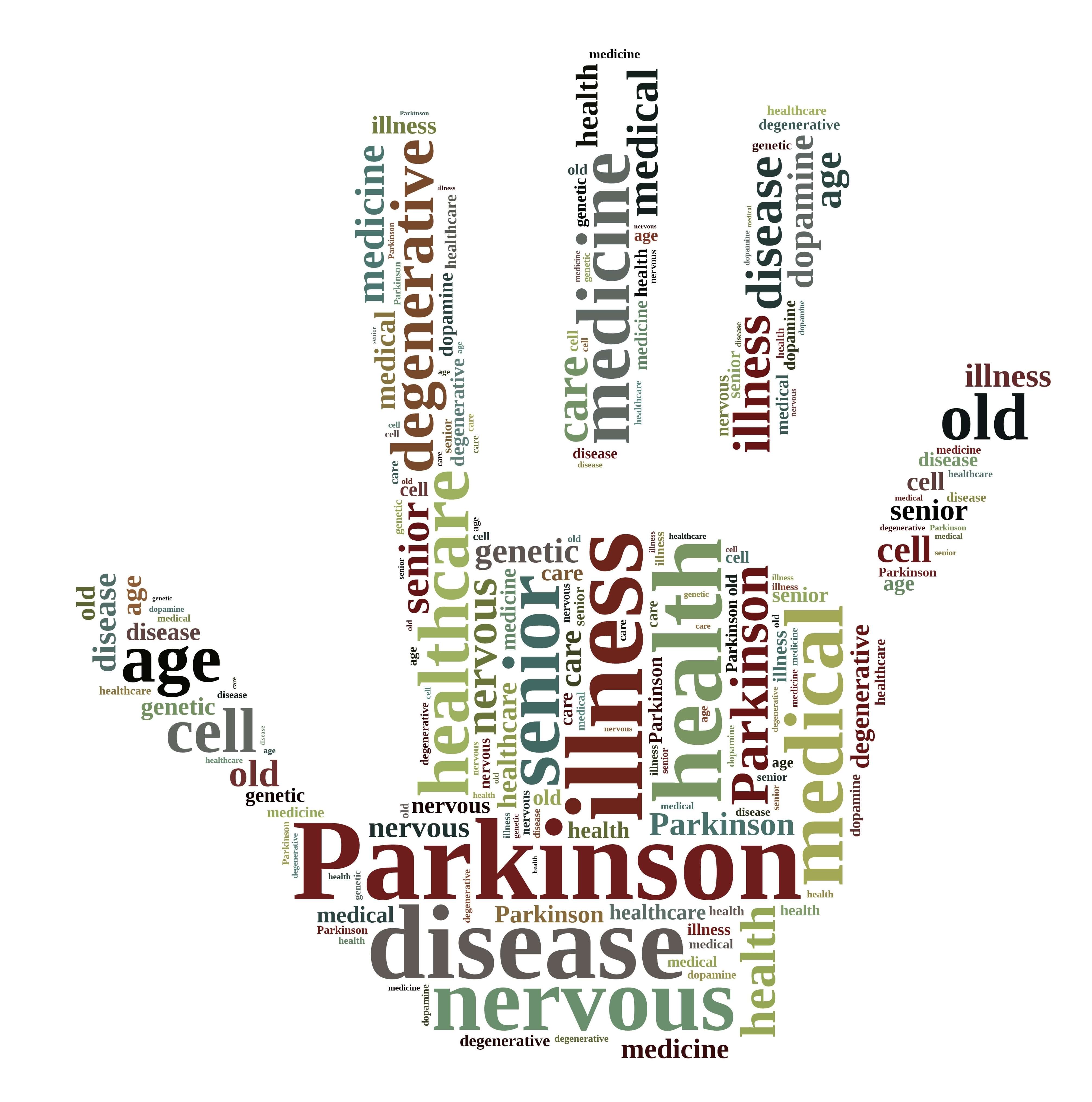Parkinson’s Disease and stem cells
Parkinson’s disease is caused when nerve cells degenerate and levels of dopamine are reduced. Dopamine is a chemical produced by nerve cells in the brain that sends signals to the part of the brain which controls movement. When there is insufficient dopamine movements can become jerky and uncontrolled.[1] Parkinson’s is a progressive condition which can impact considerably on the quality of life for sufferers.
While Parkinson’s is not fatal, it can affect the life expectancy of sufferers. 1 in 20 people with Parkinson’s disease are under the age of 40 when diagnosed.[2] One study found that the earlier the onset of Parkinson’s disease, the greater the reduction in life expectancy.[3]
There are approximately 127,000 people in the UK with Parkinson’s disease.[4] Current treatments are symptomatic and while there is currently no cure, stem cell research could hold the key to finding one.
Parkinson’s costs the UK £2 billion a year.[5] Only 7% of costs accrued in the UK are associated with direct medical care; the remaining 93% accounted for direct non-medical professional care and indirect informal care.[6]
Parkinson’s Disease Facts
- Every 20 minutes someone in the UK is told they have Parkinson’s [7]
- The condition affects 1 in 500 people in the UK [7]
- Men are more likely to be affected than women [8]
- 18,250 people are diagnosed ever year [13]
- Most people diagnosed with Parkinson’s disease are over the age of 60 [2]
- 166,000 people have Parkinson’s in the UK.[9]
Parkinson’s Disease and Stem Cells
Researchers in Japan have begun a clinical trial using induced pluripotent stem cells to create dopamine neurons. This aims to enable researchers to study the reason why cells degenerate and to test new drugs in human neurons for the first time.[10]
The reason cancer therapies have been able to progress so greatly is, in part, because researchers can take biopsies from human tumours and use those cells to design drugs. Stem cells have the potential to enable scientists to study neurodegenerative diseases, such as Parkinson’s disease, comparatively.[10]
A study in China used mesenchymal stem cells from umbilical cord blood to treat Parkinson’s disease. While the study was small, it found improvement in clinical symptoms as well as, to some extent, in quality of life.[11]
There are numerous clinical trials investigating the application of stem cells in Parkinson’s disease, including ones researching the effect of autologous stem cells from various sources.[12]
Whilst these approaches are currently confined to clinical trials and are not yet approved, standard-of-care treatments for Parkinson’s disease, the application of stem cells, including mesenchymal stem cells from umbilical cord blood and induced pluripotent stem cells, shows promise for regenerating dopamine-producing neurons.
References
- http://www.webmd.com/parkinsons-disease/tc/parkinsons-disease-topic-overview
- http://www.cafamily.org.uk/medical-information/conditions/p/parkinsons-disease/
- http://www.ncbi.nlm.nih.gov/pmc/articles/PMC2095626/
- http://www.parkinsons.org.uk
- http://www3.imperial.ac.uk/newsandeventspggrp/imperialcollege/newssummary/news_24-7-2013-16-9-13
- http://www.ncbi.nlm.nih.gov/pubmed/21235405
- http://www.parkinsons.org.uk
- http://www.nhs.uk/conditions/parkinsons-disease/Pages/Introduction.aspx#
- http://www.parkinsons.org.uk
- http://www.hopkinsmedicine.org/stem_cell_research/coaxing_cells/forging_ahead.html
- http://www.ncbi.nlm.nih.gov/pmc/articles/PMC4628010/
- https://clinicaltrials.gov/ct2/results?term=Parkinson%27s+stem+cell&Search=Search
- https://www.parkinsons.org.uk/professionals/news/parkinsons-diagnoses-rise-uk
- Takahashi J. (2020). iPS cell-based therapy for Parkinson’s disease: A Kyoto trial. Regenerative therapy, 13, 18–22. https://doi.org/10.1016/j.reth.2020.06.002
- https://doi.org/10.1038/s41467-020-17165-w
- https://doi.org/10.1056/NEJMoa1915872
The information contained in this article is for information purposes only and is not intended to replace the advice of a medical expert. If you have any concerns about your health we urge you to discuss them with your doctor.


